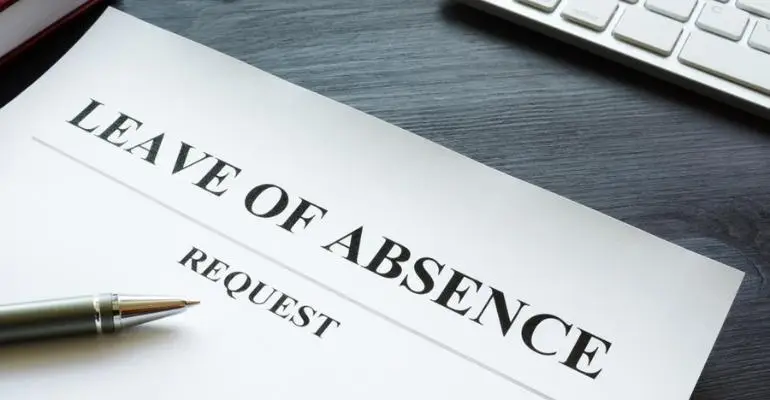Blog
-

Can an Employer Fire You for Being Sick?
You may fear losing your job when you experience an illness, especially when your sick days run out. The good news is that there are legal protections in place for employees that specifically address termination due to illness. However, this does not automatically mean your job is secure if you missed days due to illness. …
-

Can You Work for a Company After You Sue Them?
Workers sue their employers for many reasons other than wrongful termination. In some cases, the plaintiff in the lawsuit may still be employed by the defendant. What happens next? Can you work for a company after you sue them? The short answer is yes. In fact, in most cases, the law protects workers from being…
-
How Much Does an Employment Lawyer Cost?
When your employer has violated your rights in the workplace, a lawsuit is effective not only for exposing the wrongful conduct but also for obtaining compensation for any financial harm you sustained. Succeeding in such a lawsuit often depends on having skilled legal representation on your side throughout your case. Knowing how important an employment…
-
Assessing the Decision: Is It Worth Suing Your Employer?
Your employer has discriminated against you, unfairly withheld your wages, or fostered a hostile and harassing work environment. In these and other similar situations, you have legal rights, and the most natural forum to assert them is in the courtroom. To get your case before a judge, you must file and litigate a lawsuit. Before…
-
Can My Employer Refuse Time Off for Surgery?
You have an upcoming surgery or procedure, and you’ve been preparing for weeks or longer. You’ve undergone preoperative tests and arranged for family members to care for you at home while you recover. There’s one final step, and it seems simple enough: asking your employer for time off. If your employer denies your request, you…
-
What to Do When “A New Employee Is Being Paid More Than Me”
Imagine the following: During a conversation with a new hire in your department, the discussion turns to your respective salaries. To your surprise, you learn that the new employee’s starting wage is higher than what has taken you ten years to earn. Resentment, frustration, anger, and shock may all flood you simultaneously. You might even…
-
Understanding Your Rights: How Long After FMLA Can You Be Fired?
Imagine devoting several years to a company just to be terminated after you take time off work to care for yourself or a loved one. The Family and Medical Leave Act (“FMLA”) is a federal law meant to protect your job while you take time off for this very reason. The law prohibits employers from…
-
Understanding Paternity Leave in Florida
Whether the new addition to your family is your biological child, an adopted child, or a foster child, welcoming a new child into your life is exciting and stressful for both mothers and fathers. Trying to fulfill your work duties while being present and supportive as a father is difficult, but paternity leave can help…
-
Race Discrimination Lawsuit: Do I Have A Case?
Race discrimination in the workplace is a serious issue that can impact not only an employee’s career but their mental health, overall well-being, and their finances. If you believe you’ve been subjected to unfair treatment based on your race, you might wonder whether you have a case for legal action. This blog explores what race…
-
Can FMLA Be Extended Beyond 12 Weeks?
Can FMLA be extended beyond 12 weeks? If you are asking yourself this question, it is likely because you have reached the end of the leave granted to you by the Family Medical Leave Act (FMLA) and still need additional time. You may be exploring your options and considering whether it is possible to obtain…
Recent Posts
- False Claims Act Retaliation & Your Rights
- Fired for Being Pregnant? 5 Situations When You Should Call an Employment Lawyer
- Can My Boss Take My Tips? The Laws of Tip Ownership
- What Does “Meets FCRA Requirements” Mean?
- Can Your Employer Contact You While on Medical Leave? Know Your FMLA Rights in Florida
Contact Us
No Fee Unless We Win. We get paid by getting you paid.
Contact us for a Free Case Evaluation
Wenzel Fenton Cabassa, P.A. operates on a contingency basis, ensuring that we do not receive payment unless we secure compensation for your case. If your workplace rights were violated, contact us today for free case evaluation.








